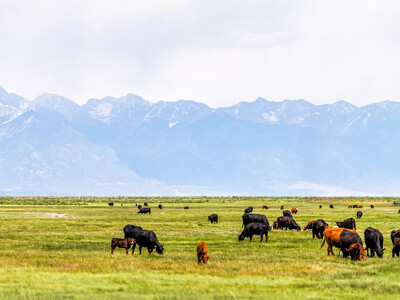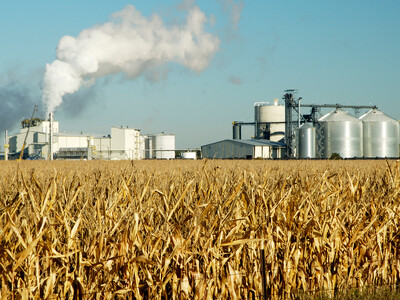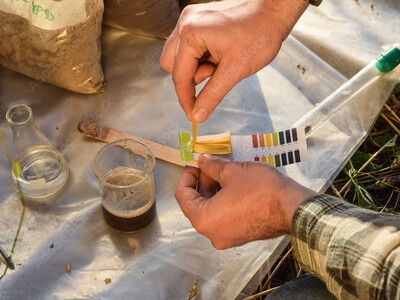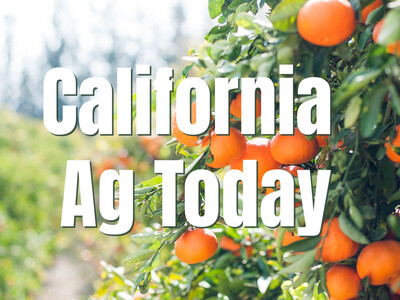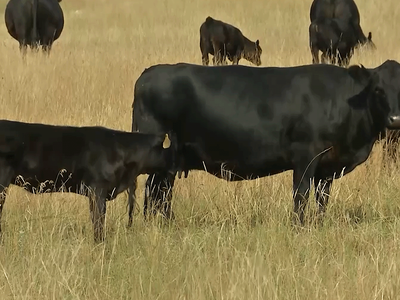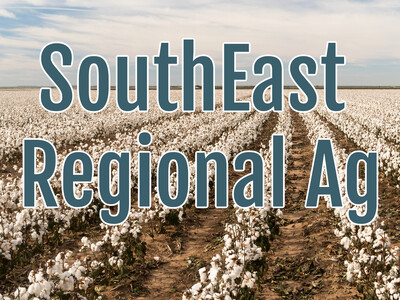Farm Bill Not All About Big Ag

Lorrie Boyer
Reporter
“Farmers in local communities should be the ones making the decisions about what kind of a food system they want.”
Krome-Lukens says that big ag should not be allowed to control the conversation.
“Small scale farmers and beginning farmers can be at a real disadvantage when it comes to accessing federal resources.”
Cassidy Pontes with a nonprofit organization called Save the Children says that rural areas have the most to lose.
“Nearly 90% of counties with the highest food insecurity rates are rural and about one in five rural children are facing hunger.”
Save the Children, along with other like minded nonprofit organizations wants Congress to increase snap access and eligibility in the next farm bill to account for the rising cost of living expenses, and especially to help offset the rising costs of food. The Farm Bill is reauthorized every five years by Congress. The initial baseline funding for the 2023 farm bill as proposed is $1.3 trillion over 10 years, which is 2023 to 2030 to 84% is proposed for nutrition 6% for conservation 5% for crop insurance, 4% for commodity programs, and less than 1% for the other titles that make up the Farm Bill.




